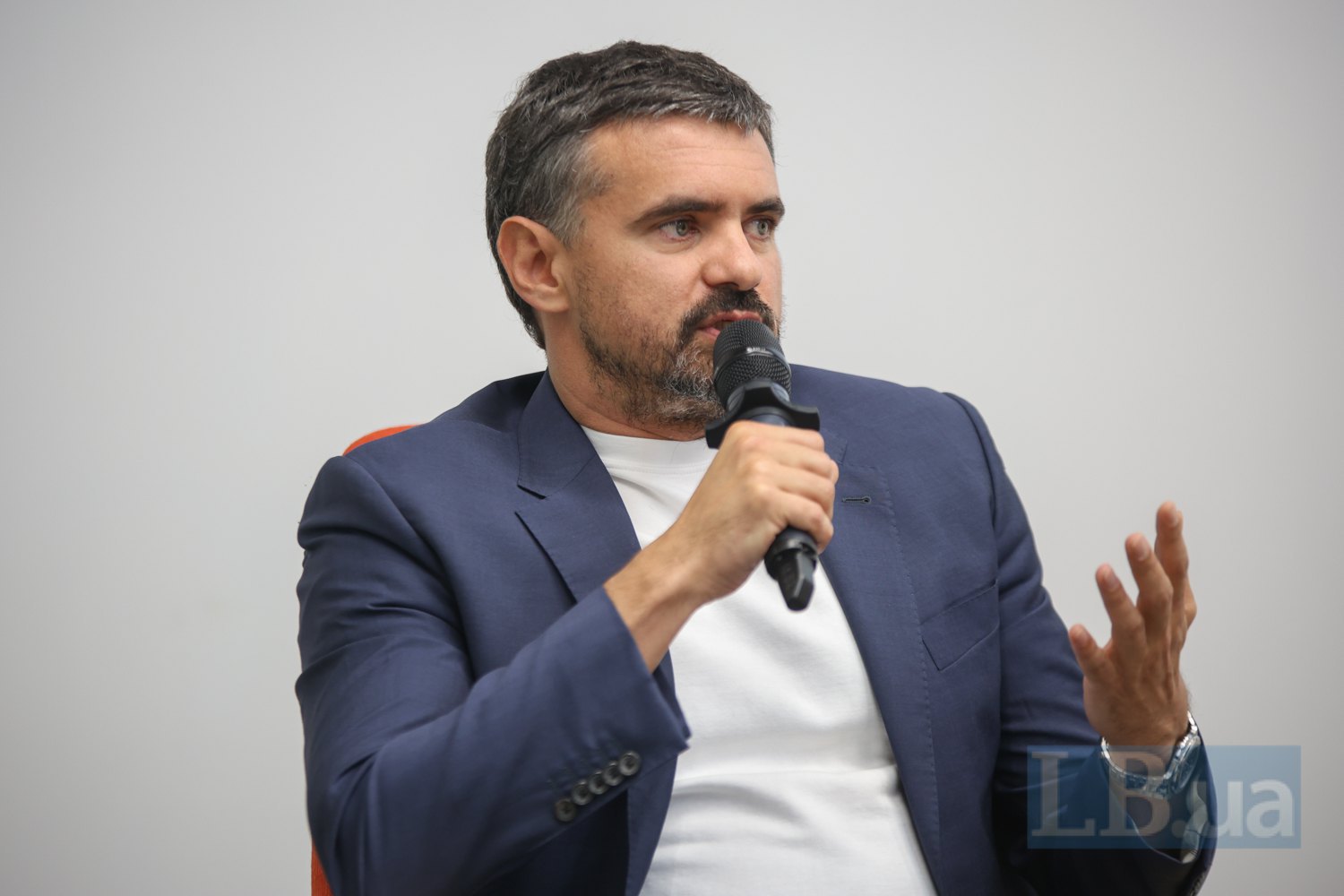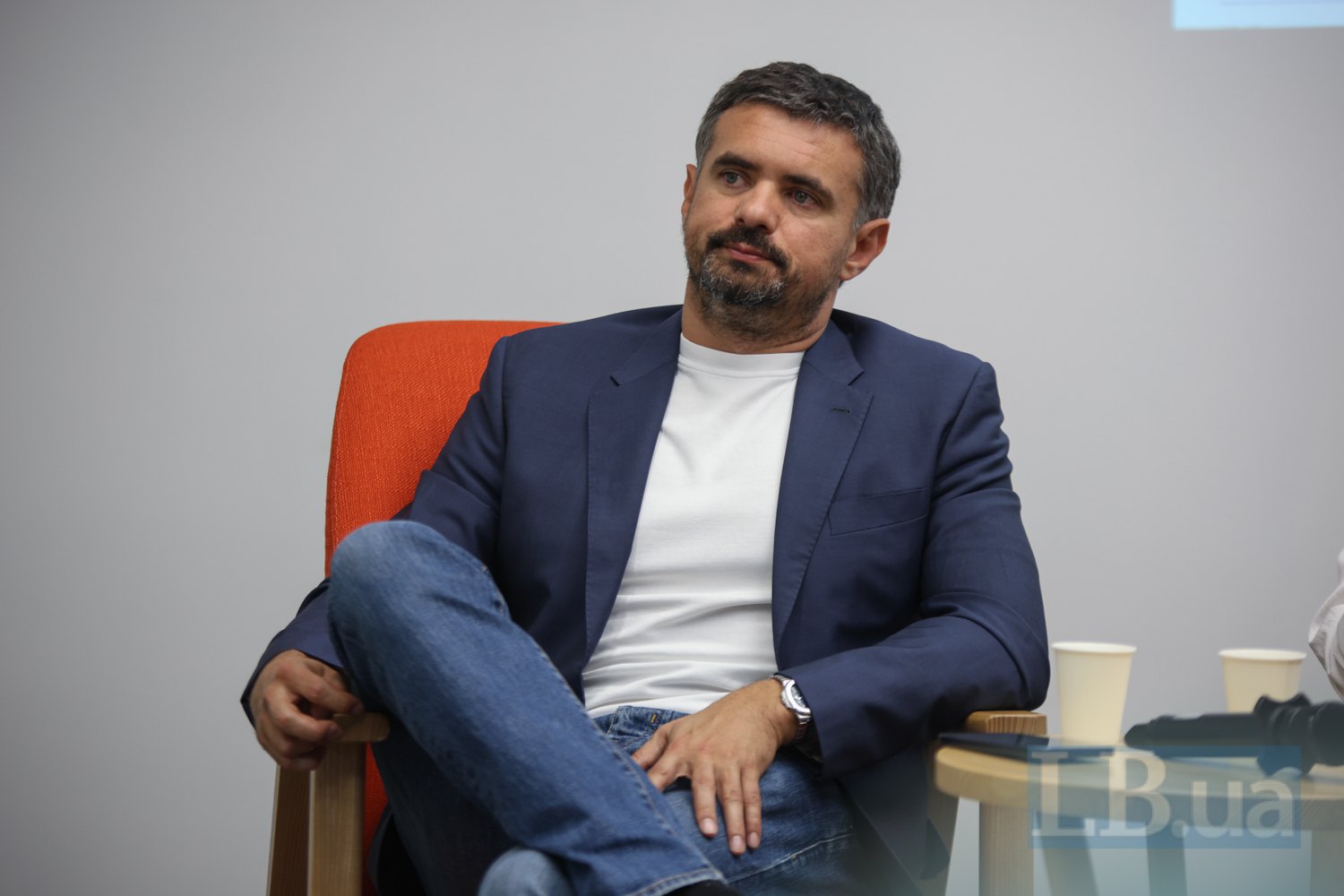
“At a time when Ukraine is experiencing such dramatic events, when the country is effectively rebooting, it is very important to take a strategic approach to healthcare. We need to lead the country towards a model that will make people healthier, so that it is convenient for them to have children, receive medical treatment, and so on. This should not only encourage Ukrainians to return, but also kick-start the development of medical tourism, which is one of the main indicators of a country’s level,” said Ihor Liski.
At the same time, he pointed to a number of essential changes without which, in his view, it will be difficult to achieve a good standard of medical care.
Support for private medicine
“I believe that private medicine will help change the Ukrainian healthcare system, because very often it means faster solutions, newer technology, equipment, new approaches, and so on. Look at Ukrainian dentists – they are at a level that is often not found in America. And I would like to see this level in every industry,” says Ihor Liski, whose investment holding includes the private clinic chains Medychna Zirka and Miy Likar.
However, the businessman observes that in the course of implementing medical reform, the Ministry of Health is focusing mainly on state-run institutions, leaving private providers virtually uncompetitive.
“When public funds are used to buy a CT scanner for a public institution, how can I compete with that clinic if I have to buy such expensive equipment with my own money? I cannot compete in providing services because the state hospital offers them for free (it does not have to recoup the cost of the equipment) or for a bribe,” notes Liski.

Policy formation
The Ministry of Health would be far more effective if it concentrated on policy formation rather than economic activity, which, in the businessman’s view, “the state will never be able to do effectively”.
“If I were to solve the issue, I would say: we are ready to finance, for example, a tomograph or some service – Medychna Zirka, Dobrobut – are you ready? Because when they buy a tomograph and take it to a place where it just sits idle and does not work, it is ineffective,” said Ihor Liski.
In his opinion, the Ministry of Health should function as a state agency – designing and constructing a strategy that will foster healthy competition.
“The minister or the head of the National Health Service should not have to think about whether a CT scanner is working somewhere, check whether it has been turned on, or whether Uncle Vasya unplugged it when he left. If a policy is formed, it will make the management of hospitals – private, state and municipal – reasonable,” said the businessman, commenting on the story of purchased but unused CT scanners.

Establishment of university clinics
Ihor Liski believes that a strong healthcare system is impossible without innovation. In his view, university clinics – which currently do not exist in Ukraine – could provide the impetus for the qualitative development of medicine.
“This is a global practice that combines education, fundamental science, and a field for innovation. State support, particularly financial support, is very important here. I really want innovative solutions to be created in Ukraine, because we have the intellect, we have the practice, and we have a great medical school. All that remains is to combine them,” says Liski.
Institutional capacity
The example of the Armed Forces of Ukraine demonstrates how essential organisational capacity is – the ability to promote motivated, intelligent and effective people to leadership roles, notes the businessman. He is convinced that the healthcare sector should adopt this principle.
“If a country is rich, it can simply pour money into everything. We are a poor country under the intense pressure of war, so organisational capacity is a matter of our success. Give way to effective people, provide opportunities for implementation, motivate and support – then it will be easier to fight corruption,” said Ihor Liski, adding that private companies often offer strong organisational capacity.
He advises highlighting these issues and, in some cases, purchasing certain services or creating opportunities for private individuals who can deliver quality, speed and competition. “Then mayors will compete – they will decide whether to spend money on roads or hospitals. Then the mayor will appoint a real professional who will demonstrate efficiency in managing the medical facility, rather than his friend with whom he studied at the tractor faculty. And this will be a completely different kind of competition – medical facilities will compete not for trust or in terms of corruption, but economically – for the quality of services.”









